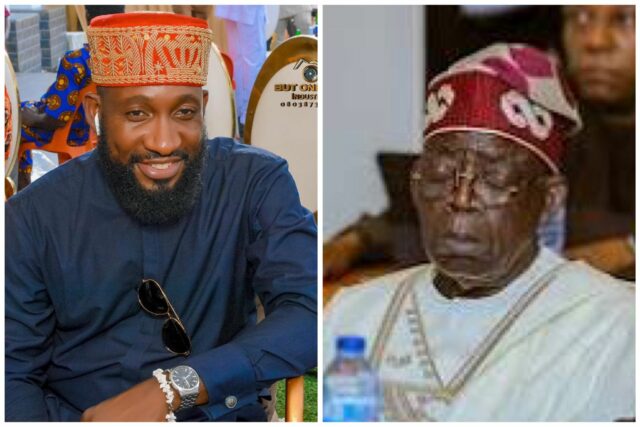In a concerning development, the Nigerian Naira has experienced a sharp depreciation. In the parallel market exchange rate, the Nigerian currency has reached a record staggering 2000 Naira to a British Pound. This economic freefall has left citizens grappling with the repercussions, prompting a closer examination of the failures of Chief Tinubu and the All Progressives Congress (APC) party in steering the nation’s economic course.
One of the primary culprits in this economic downturn is the lack of effective fiscal policies under President Tinubu’s leadership. The APC government has struggled to implement measures that could stabilize the Naira and bolster economic resilience. Misguided fiscal decisions and a failure to adapt to changing global economic dynamics have left Nigeria vulnerable to external pressures, reflected in the dramatic devaluation of its currency.
The over-reliance on oil as the backbone of Nigeria’s economy is another critical factor contributing to the Naira’s fall. Despite longstanding calls for diversification, President Tinubu’s administration has not made significant strides in reducing the country’s dependence on oil revenue. The repercussions of this failure are evident as fluctuations in global oil prices continue to send shockwaves through Nigeria’s economic landscape, leaving the Naira in a precarious position.
A lack of a coherent economic reform agenda further exacerbates the situation. Nigeria requires comprehensive and well-thought-out reforms to address structural issues and stimulate sustainable development. Unfortunately, the Tinubu-led administration has been slow to implement such reforms, leaving the economy languishing without the necessary frameworks to weather economic storms effectively.
Inflationary pressures represent another formidable challenge that the government has struggled to address. High inflation erodes the purchasing power of the Naira, making it less competitive on the international stage. Chief Tinubu’s administration has faced difficulties in implementing effective measures to curb inflation, resulting in a scenario where the Naira’s value continues to plummet against major foreign currencies.
Corruption remains a persistent issue that hampers Nigeria’s economic progress. Despite promises to tackle corruption head-on, the APC government has fallen short in delivering tangible results. The prevalence of corruption diverts resources away from essential economic initiatives and erodes public trust in government institutions, exacerbating the challenges faced by the Naira. Many corruption cases against the immediate past President of the Nigeria, Mohammadu Buhari and his cabinet members appear not to be of interest to the current government.
As Nigerians grapple with the economic fallout, it becomes imperative for Chief Tinubu and the APC party to reassess their economic strategies. Meaningful reforms, diversified economic initiatives, and a commitment to tackling corruption are essential elements in steering the nation towards a more stable economic future. The plight of the Naira serves as a stark reminder that urgent and decisive action is needed to address the root causes of Nigeria’s economic woes and restore confidence in the nation’s economic trajectory.
Maazị Tochukwu Ezeoke
A Political Economist, Project Management Consultant and Media Practitioner writes from Abuja, Nigeria









